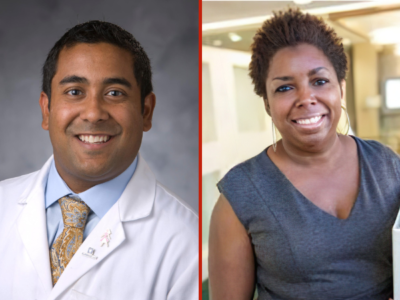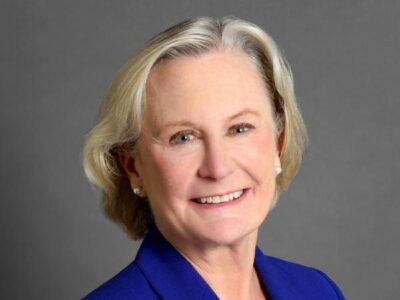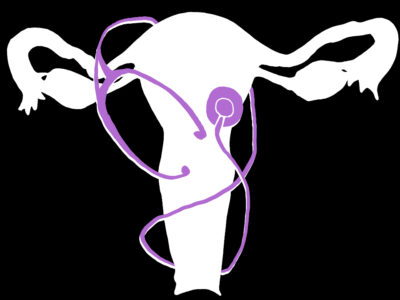Research shows that cancer patients who receive navigation have improved survival, access to advanced care like clinical trials, and services like genetic testing and palliative care. Navigation often results in increased screening and patients receiving treatment sooner, resulting in improved quality of life and more cancer-free days.
The scene opens with a group of four musicians sitting on couches around a table in a studio. One of them is strumming aimlessly on his guitar, trying out various chords in sequences. Some of it sounds okay, even pleasant; other parts don’t work and are discarded.
A growing body of evidence is pointing to the obvious ways in which climate change impacts the environment. But those of us who study the impact of climate change on health have noted that the long-term shifts in temperatures and weather patterns also have not-so-obvious, downstream health implications, specifically for cancer.
The past two decades have been a golden age of discovery in genetics and cancer research. Using fast, affordable DNA sequencing, scientists have identified scores of gene mutations associated with cancer and developed highly effective drugs to target them.
A journey through cancer treatment can be grueling, unforgiving, and treacherous for both patient and physician. But what happens when a pregnancy complicates the treatment?
The American Cancer Society’s key stakeholders are people with cancer and their families.
Last week’s Supreme Court decision to overrule Roe v. Wade returned the power to regulate reproductive health to individual states.
Roe v. Wade is about more than just abortion.
The plenary session at the ASCO 2022 annual meeting saw that rarest of things at a scientific conference: a standing ovation.
We hoped that our city might be “the last place this ever happened.”















